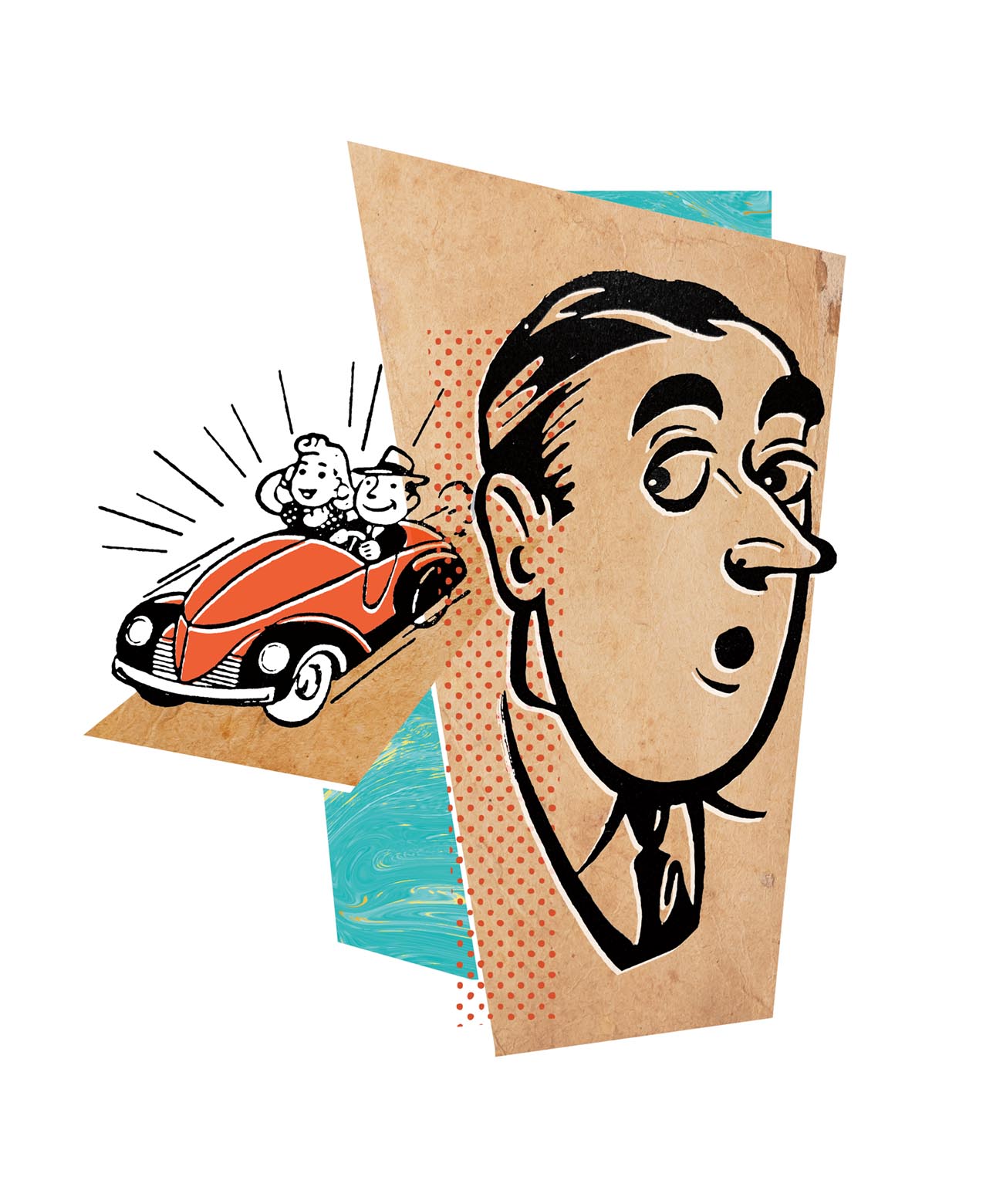Envy may be one of the seven deadly sins, but it can be a catalyst for growth, according to Sara Protasi, associate professor of philosophy.
Envy is a powerful emotion, condemned across cultures and religions, and accused of rooting the most horrific crimes, from Cain’s fratricide against Abel to the Jewish genocide. Malicious envy motivates people to plot and scheme, to steal and sabotage. Despite envy’s dark and dangerous side, however, it can be an emotion whose power can be harnessed for self-improvement.
Think about an intense episode of envy you may have felt—and yes, you probably did feel envy at some point in your life, even if you don’t like to think about it! Chances are that you felt that the person you envied was better, more fortunate, or more advantaged than you in some way. Their superiority was about something you really cared about: a trait, such as beauty, humor, or intelligence, or an object, such as a job, an achievement, wealth, or social status.

Envy is a painful perception of another person’s superiority; their success, Aristotle tells us, feels like a reproach to us. It reminds us of what we could have been, had, or achieved. When the distance between us and the envied feels unfillable, that’s when the nastiness arises—we become hostile and aggressive toward the other person. It’s too hard to admit that they may have worked harder or studied more than we did and thus deserve their better position, so we tell ourselves and others that they did something wrong. We try to bring them down, sometimes literally, as in some sports competitions where rivals are tripped, or worse, as in hate crimes.
But envy is not always this nasty. As I explain in my book (The Philosophy of Envy, Cambridge University Press, 2021), envy is a lot more complicated and interesting than that.
There are at least four different kinds of envy. There is spiteful envy, when we feel completely incapable of improving our station. That’s the envy that Iago feels toward Othello, and which brings him to scheme and weave a web that ultimately ruins not only Othello and his loved ones but also his own life. Then there’s aggressive envy, a dangerous type that involves cheating or taking credit for talents of a rival; it’s the envy felt by someone who feels confident that they can pull the envied down to their level. Politics is a context where many rivalries are dealt with, not through hard work and self-improvement, but by smearing the opponent.
Spiteful and aggressive envy are what deservingly give envy its bad reputation. But envy is concerned with a perceived inferiority with regard to an important good or goal, and that is probably why we evolved to feel it: It matters how we stack up to others, especially in a situation of scarce resources, when only some people can get a limited good. Thus, envy can be functional, because it may lead us to emulate others and improve ourselves. Call this emulative envy. Sport provides a wealth of examples of friendly rivalries—athletes who are friends but who are also constantly competing against each other and, presumably, envying the person who would win a race or a tournament.
Unfortunately, improving one’s lot is sometimes impossible, and emulative envy cannot always arise. That’s when inert envy occurs. A typical example is “baby envy,” felt by people who want to have children but are infertile and are incapable of rejoicing with their pregnant friends. This envy isn’t malicious, but it leads to feelings of sadness, self-loathing, and detachment from the envied other.










